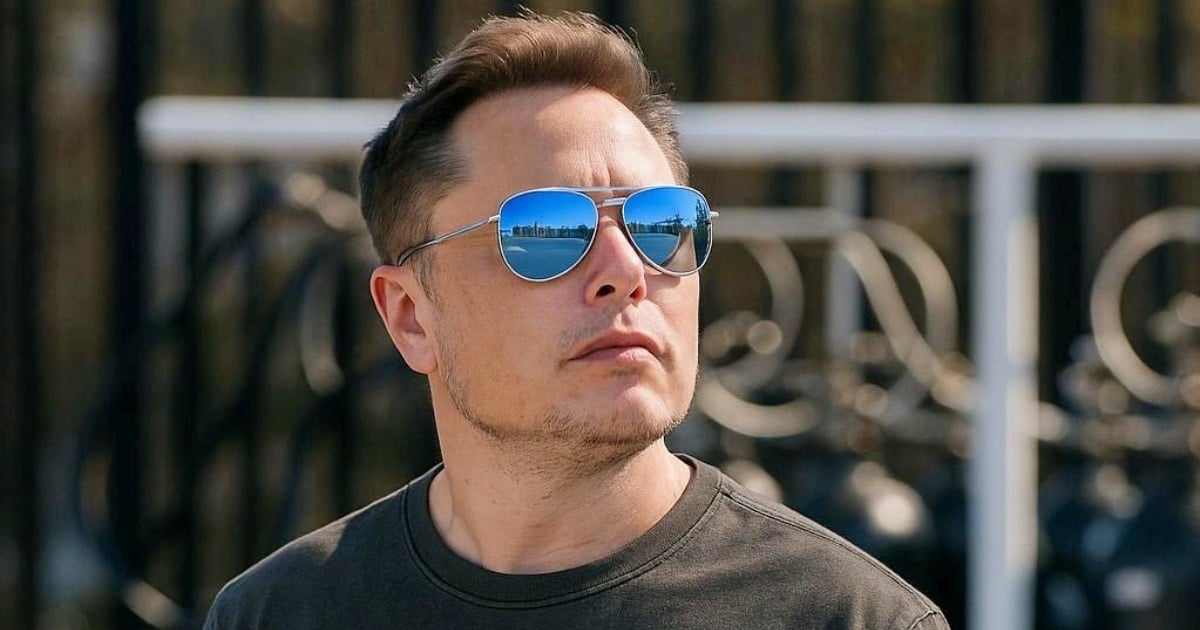Once again, Elon Musk has stirred the waters of American politics with a provocative post on his social media platform, X. This Tuesday, Musk reignited his critique of the entrenched two-party system by suggesting two potential names for a political party he has hinted at launching. He envisions this party as a new home for what he claims is the "80% of the nation's political center." The suggested names, "Vox Populi" (the voice of the people) and "Vox Dei" (the voice of God), are both symbolic and audacious.
Musk's announcement was not made in isolation. He referenced a poll he conducted on June 5, where he asked his followers if it was time to create a new political party that genuinely represents the central majority. The response was overwhelmingly supportive, with over 80% of more than five million participants voting "yes." This isn't just a symbolic gesture. Musk is taking the pulse of a substantial segment of the American electorate, leveraging a platform he controls. What started as a playful suggestion is evolving into a direct challenge to the Democratic and Republican duopoly.
His use of phrases like "Vox Populi, Vox Dei" evokes a populist tone, as though his proposed party would embody both collective will and a higher moral authority. This mimics the ideological stance of Spain's VOX, a party with which Musk has shown some affinity.
Discontent with the Two-Party System and Clashing with Trump
Musk hasn't stopped at mere proposals. In recent weeks, he has been a vocal critic of Donald Trump's "One Big Beautiful Bill," a fiscal plan that includes massive defense spending, tax cuts, and a $5 trillion increase in the debt ceiling. Musk has disparaged it as an "abomination," arguing that the U.S. operates under a one-party system he sarcastically dubs the "Porky Pig Party." He insists a new political entity is necessary, one that truly prioritizes the needs of the people.
His criticism extends to both major parties, which he accuses of collusion in furthering corporate interests rather than those of ordinary citizens. He has also taken aim at the Freedom Caucus, branding its members as hypocrites for supporting a bill that contradicts their fiscal conservatism. This fiery rhetoric follows his resignation as head of the Department of Efficiency in the Trump administration, citing disagreements over the fiscal legislation.
The fallout has been public and bitter. Trump has accused Musk of betrayal and hypocrisy, pointing out the substantial federal subsidies received by Musk's companies, Tesla and SpaceX.
Imagining Musk's Political Party
The appearance of names like "Vox Populi" and "Vox Dei" suggests Musk is seriously contemplating the creation of an alternative political framework. Although a formal manifesto or party registration has yet to materialize, signs indicate Musk is moving in that direction. Analysts predict his party would aim to transcend ideological extremes, appealing to the politically "middle" electorate weary of the perpetual Democratic-Republican conflict.
This envisioned party would likely be technocratic and pragmatic, emphasizing fiscal responsibility, technological innovation, and a critique of bureaucratic inefficiency, while staunchly defending individual liberties. The use of Latin names carries significant symbolic weight, with "Vox Populi" underscoring popular will as a source of legitimacy, and "Vox Dei" suggesting a more radical, morally-driven mandate to intervene in national politics.
Can Musk Break the Bipartisan Hold?
Historically, attempts to establish a third party in the U.S. have faltered due to systemic hurdles: the first-past-the-post electoral system, high state registration costs, and limited media exposure outside traditional channels, coupled with the stranglehold of Congress by the two major parties.
However, Musk is no conventional politician. He possesses three unique advantages: a personal platform with direct access to millions of voters, a reputation for independence from both Democrats and Republicans, and unparalleled financial resources to self-fund campaigns, rally volunteers, and build local infrastructures across all 50 states.
Musk's broad appeal spans technological, libertarian, investor, disillusioned youth, anti-establishment, and even some former mainstream party voters. This positions him as a more formidable disruptor to the bipartisan system than any outsider in recent U.S. history, according to media reports.
Economic and Political Ramifications
Musk's political activism isn't without repercussions. Tesla's stock has experienced significant fluctuations amid his public spats with Trump and political declarations, with estimated losses reaching $150 billion, though some value has since been regained. Beyond stock market volatility, Musk's movement is sparking a broader public dialogue about the feasibility of a third party, highlighting the fragility of traditional corporate-political alliances.
Trump, for his part, has threatened to scrutinize all federal contracts benefiting Musk's companies if he continues his political crusade. "Elon may have received more subsidies than any other human in history. I'm very disappointed in him," Trump stated in a Fox News interview.
From Social Media to the Polls
The announcement of "Vox Populi" and "Vox Dei" is more than a mere provocation; it's a tangible step toward institutionalizing a political initiative. Musk is gauging support, polarizing audiences, and likely preparing an apparatus for direct electoral intervention, possibly targeting the 2026 midterms or even the 2028 presidential race.
Will Musk succeed in dismantling the two-party stronghold? Perhaps not immediately. But he has highlighted a crucial point: there's a significant portion of the population, by his estimates 80%, open to a new political voice. And that voice, for now, increasingly resembles Elon Musk's.
Elon Musk's Political Ambitions: Key Questions Answered
What are the names Elon Musk suggested for his potential political party?
Elon Musk suggested "Vox Populi" and "Vox Dei" as potential names for a political party he is considering establishing.
Why is Elon Musk critical of the current two-party system in the U.S.?
Elon Musk criticizes the two-party system for being unresponsive to the majority of the political center and for serving corporate interests over those of ordinary citizens.
How does Elon Musk plan to fund his potential political party?
Musk's financial independence and vast resources suggest he could self-fund his political party, organize volunteers, and establish local infrastructures nationwide.
